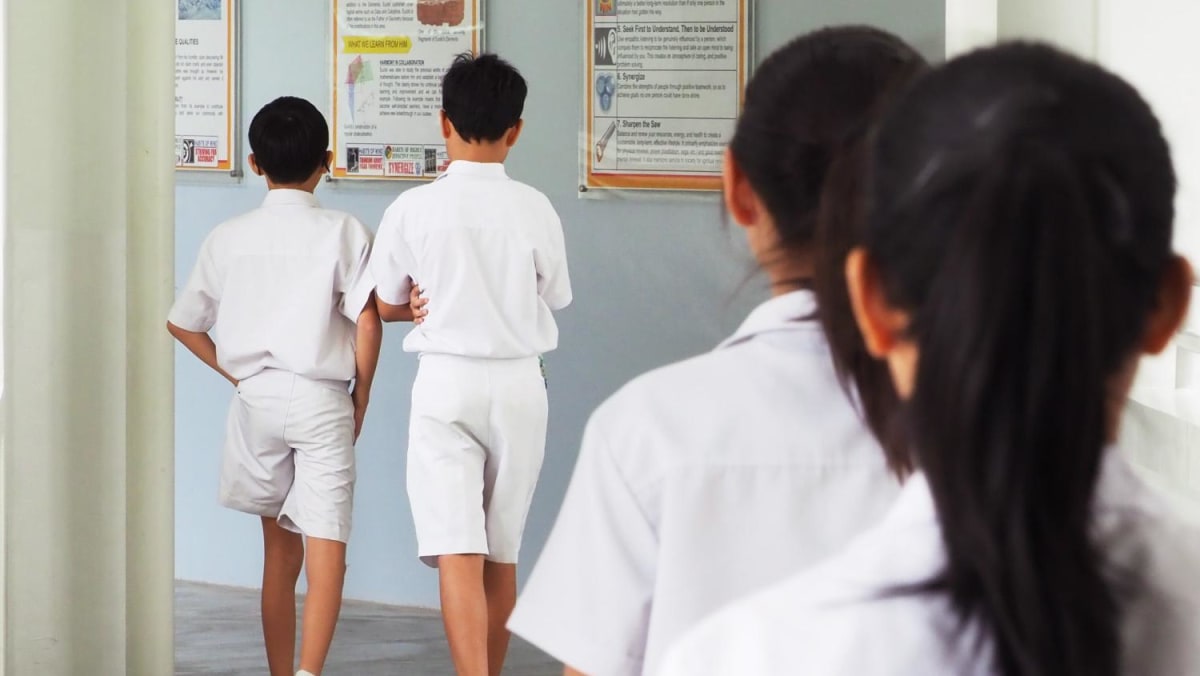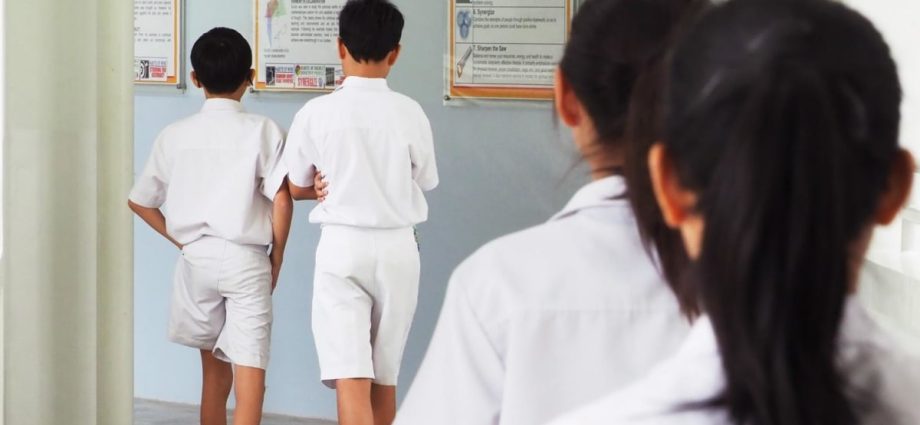
DRUG VICTIMS REMEMBRANCE DAY
Another initiative by the inter-ministry committee is the designation of a Drug Victims Remembrance Day, starting in 2024. It will fall on every third Friday of May.
The government, schools and institutes of higher learning will organise various activities then, with more details to be given in due course.
Mr Shanmugam told parliament: “Activism usually focuses on drug traffickers and the penalties they face, but there are thousands of others whom we should think about.
“These are the victims of the drug traffickers and the lucrative drug trade: The abusers who suffer, their families, their loved ones. They are forgotten in activism, but we must remember them and we must remember the suffering that they have gone through, and the harm that drugs have done to them and their families.”
Mr Shanmugam also revealed that the government will enhance preventive drug education efforts for full-time national servicemen, and better equip National Service commanders to identify and support drug abusers as well as those at risk.
“This will sustain the drug-free message beyond schools,” he added without giving further details on these measures.
“BLATANT UNTRUTHS” THAT CANNABIS IS HARMLESS
Mr Shanmugam reiterated to the House that Singapore will maintain its harsh position on cannabis, also known as marijuana or weed. It is a Class A controlled drug in Singapore.
More than 60 per cent of new cannabis abusers arrested last year were under the age of 30. The total number of cannabis abusers arrests reached a 10-year high then, and it was the third most commonly consumed drug overall.
“There is a slightly more permissive attitude amongst our younger people towards drugs,” said Mr Shanmugam.
“They are sometimes influenced by what they read and see online, the lifestyle promoted by permissive cultures and societies, and the falsehoods that are peddled.”
He noted that arguments for cannabis “are often driven by parties with commercial interests”.
“They say that cannabis is a harmless ‘soft’ drug. They even suggest it can benefit those who consume them. These are all untruths, blatant untruths, much like what tobacco companies used to claim – that smoking tobacco, smoking cigarettes was harmless,” he added.
“But the scientific evidence is that cannabis abuse causes harm to the abuser’s health. Studies show quite clearly that cannabis can cause irreversible brain damage, brain shrinkage, and serious mental and psychiatric illnesses.”
Mr Shanmugam also cited a case in Singapore where a man who was suffering from cannabis-induced psychotic disorder slashed someone with a chopper. He was sentenced to jail and caning in January.
“We will see many more such cases if we go soft on cannabis,” Mr Shanmugam said.
Elsewhere in the region, Mr Shanmugam raised the example of Thailand, which decriminalised the recreational use of cannabis in June 2022. Reuters reported on Thursday that the Thai government will ban recreational use by the end of 2024 but continue allowing its use for medicinal purposes.
“So we really have to be very careful about this,” Mr Shanmugam said, adding that he will give a ministerial statement in parliament later this year on the global drug situation and Singapore’s approach.

